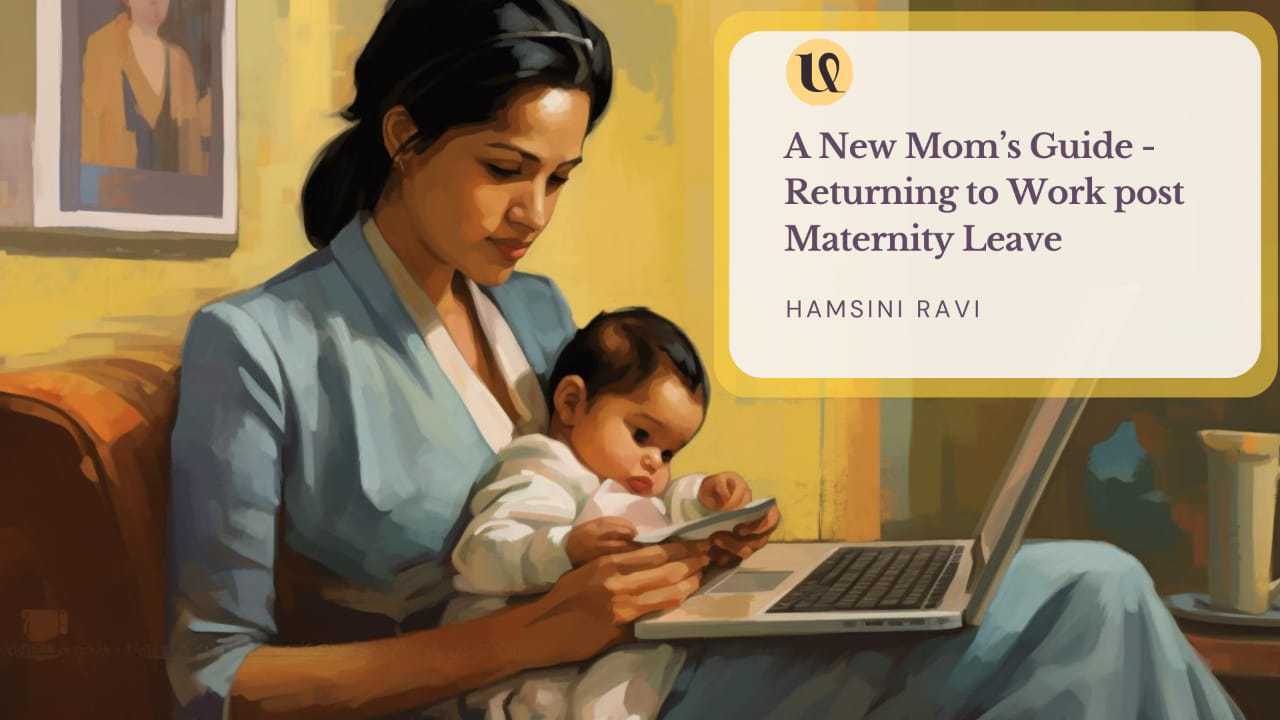Every time I think about what the pandemic has brought to the fore about work, only one thing stands out: it is not continuous from nine-to-five. And that is the case for anyone. Be it a blue collared worker or a CXO working from their luxurious villa in Miami or anywhere in the world. Work can be broken down into pieces.
As more and more work gets distributed and goes remote, as it becomes easier to break tasks and contract them, there will be the rise of the contract worker. Already today it is easy to contract roles in marketing, engineering, people success, finance, and even some CXOs/ CEOs have shared responsibilities. As per a study by FlexingIt, a curated marketplace for consultants and on-demand experts, 35% of organisations expect independent talent to comprise >15% of the workforce in the next five years.
Contractual roles are great for the flexibility and the global opportunities they provide, however what is still unstructured is their compensation framework. In addition to fees being ad hoc, contract roles do not receive any benefits (paid leaves, insurance or provident fund like their full time counterparts do). It comes down, from what I have learned, to the nature of their contract with the employer. Suffice to say, legally employers owe their employees benefits and their contractors nothing (except of course, a level playing field and the same values they espouse with their employees).
Why is it that only a certain kind of work or workers get benefits for doing their job and a certain kind don't get rewarded anything extra? Should organisations be responsible for people who don't belong? I think they must and as the above context suggests - we are only going deeper into a model of piecemeal work - with the nature of work itself changing, organisations must rethink benefits.
What is happening on the ground?
“The pandemic has, to some degree, upended the employee benefits environment. With more and more people working remotely, the assessment of the value of various types of benefits has shifted. The demand for what we think of as core benefits (medical insurance, life insurance, disability insurance and pension) remains high but there is an increasing focus on benefits which improve work-life balance such as unlimited PTO (paid time off), expanded parental leave, learning and development budgets and flexible working options,” says Bruce Gilbert, Director of Benefits at Remote (a company that simplifies employing global talent*).
Organisations are now thinking of freelance/ contract talent strategically. It is no longer a matter of choice and forward-thinking organisations already have policies for hiring and retaining contractual staff. However, as per a study on ‘understanding perspectives of skilled freelancers’ by FlexingIt, while more companies are hiring freelancers, there is a major gap in the compensation framework for freelancers; and their fees are mostly set in an unstructured manner with stark gaps in benefits received and expected, and lack of gender parity.
From the report - Freelancer perspectives:

Atharva Sharma has been a contractor for the past 7 years. The 23 year old started working early on in his career and is currently a Front End Developer at a major company. According to him, contractors have to be smart about their own pricing. He says, “Earlier, I billed only for my time, now, I have learned to add a mark-up.” About benefits he misses, he says, “I would love to receive ESOPs but I know as a contractor I will never be eligible to.”
He is also aware that contractors can never be managers - companies prefer promoting their own employees and not contractors. While he has observed more companies contracting for skill and expertise he believes that benefits contractors receive are still a far cry. In fact, contractors have to even invest in their own L&D to stay active and the company has no role to play here.
The future of benefits:
Before we talk about benefits itself, we should address the issue of perception. Gone are the days when companies hired contractors for cost-saving. They are now high in demand for their skills and expertise. Says Paul Arnesen founder of Talentroo.com, a global recruitment platform, “A contractor is seen as a service provider, not a person employed by the company. That requires a mindset shift, as going forward we will see organisations hiring a mix of employees and contractors.” Paul believes that contractors should be given a level playing field when it comes to opportunities of growth within the organisation itself, as in many cases contractors hold single and long-term contracts with the same company.
Adds Bruce, “It is known that contractors are generally ineligible for company provided benefits. That does not, however, mean that their needs should be ignored. A responsible employer takes steps to assure contractors have access to and the ability to purchase the core benefits and perquisites that the individual feels appropriate.”
Kalpaj Chaudhuri has been working with a remote-first company based in Europe on an annual contract; these companies look at benefits very differently. Kalpaj gets PTO at par with the employees of the company. He also has L&D costs reimbursed and the company has paid for his laptop too. What he does not get are insurance benefits (though he shares that many companies depending on the geography are now starting to cover remote/ contract staff with insurance and pension benefits).
Many companies like Remote, Deel, Multiplier, Lano etc called Employers of Record are solving the problem of insurance and benefits for remote and contract workers*. They enable local companies to hire remote staff and help them provide local benefits to the employee through their platform but ultimately the client selects the options that are right for them.
Bruce continues, “We believe that the number of individuals seeking and finding work as contractors will continue to increase, although there will be regional variations. Again, the trend will be driven by the breadth of governmental programs that are available in a country as well as the costs attendant to purchasing benefits on an individual basis. Group benefit plans are historically less expensive and have streamlined underwriting (for example, disregarding medical history and avoiding age banding). Contractors must become more knowledgeable consumers and should strive to work for a company which recognizes their needs and helps them secure desired benefits.”
Recommendations on how to design benefits for contractors:
We spoke to contractors to understand the benefits they would like to be entitled for and here is the list (not in any specific order).
Company sponsored laptops
L&D benefits - either paid courses or inclusion in organisational L&D programs
Medical Benefits - insurance for self and preferably parents too
Tax and compliance related services
Paid time off, parental leave
Home office stipend/ access to co-working spaces
Company sponsored meetups/ offsites/ wellness programs
Travel insurance
As per the LinkedIn Global Talent Trends study 2022, compensation and benefits are the second priority of professionals while picking a new job (60%), only closely behind 63% of those seeking a work life balance. To say that the future of work will deny contractors benefits, is like saying masks don’t save lives. It can’t get more obvious than this.
***
Notes:
* remote and contract staff are not the same. Some companies employ full-time remote employees. However, contract workers by nature of their function are mostly remote and their employment is based on a contract. Hence they are not legally eligible for benefits, like employees are.

.svg)



